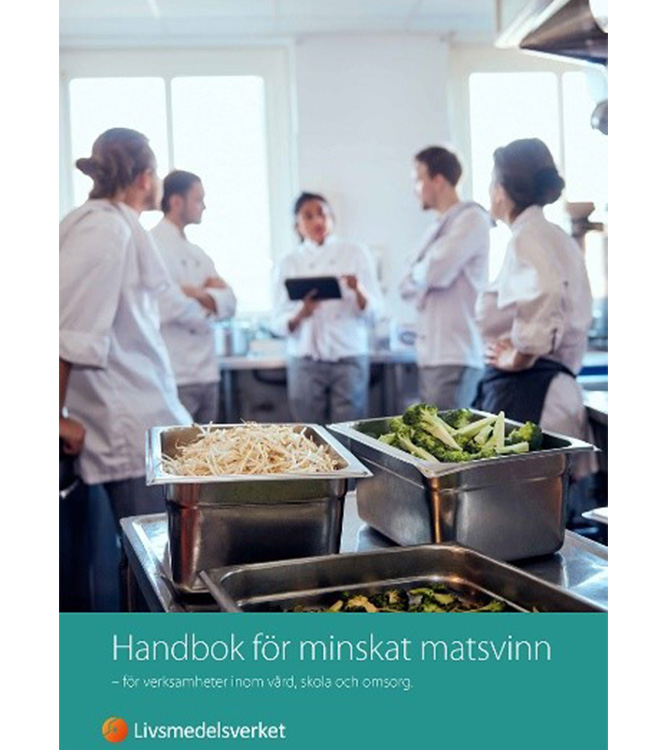Sweden

date: 19/06/2020
Increased feed use from surplus food and production residues
A new report from the Swedish food waste authorities investigates and discusses how to increase the use as feed from surplus food and production residues. If products intended for food cannot be eaten by humans, it is more resource efficient for surplus food and production residues to be used as feed than to end up as waste in one form or another. This report describes the legislation governing the area and the use of surplus food and production residues as feed in Sweden. Difficulties and opportunities on this matter have been investigated and more information can be found at the links below:
- Summary of the report
- Full report [SE]
- Food losses and waste in food production- Swedish Board of Agriculture website [SE]
News from the Swedish Food Agency on food waste in public meals
Mapping of food waste in municipal pre-schools, schools and elderly homes (2019)
Meal managers in Sweden’s municipalities were invited to voluntarily respond to a survey on food waste occurring from lunches offered in public operations, meaning pre-schools, schools and elderly homes. 211 of Sweden’s 290 municipalities reported some data on food waste.
You can download the report here. The report is in SE, but an EN Summary is included.
Handbook for reduced food waste occurring from activities in the public meal sector
The Swedish Food Agency has recently launched a handbook [available only in SE] about reducing food waste in public meals such as preschools, schools, elderly care and hospitals. It is based on the Gothenburg model for less food waste and supplemented with measures for reducing plate waste, amount of consumed food and the national model for measuring food waste in public meals.
Related links:
- National model for measuring food waste in public meals [content in SE]
- New measuring log for food waste in public meals: the relevant excel sheet can be found at the end of this page (file name: ‘Mätprotokoll för matsvinnsmätning’).
- Chapter Seven - A model for cutting food waste in municipal kitchens: The Gothenburg case study, by RISE Agrifood and Bioscience, Sweden, published in 2019 on the ‘Advances in Food Security and Sustainability’ Journal.
- Drivers and Barriers for Reducing Food Waste in School Kitchens, by Marika Arvidsson Department of Food Technology, Faculty of Engineering, Lund University, Master Thesis, 2019
